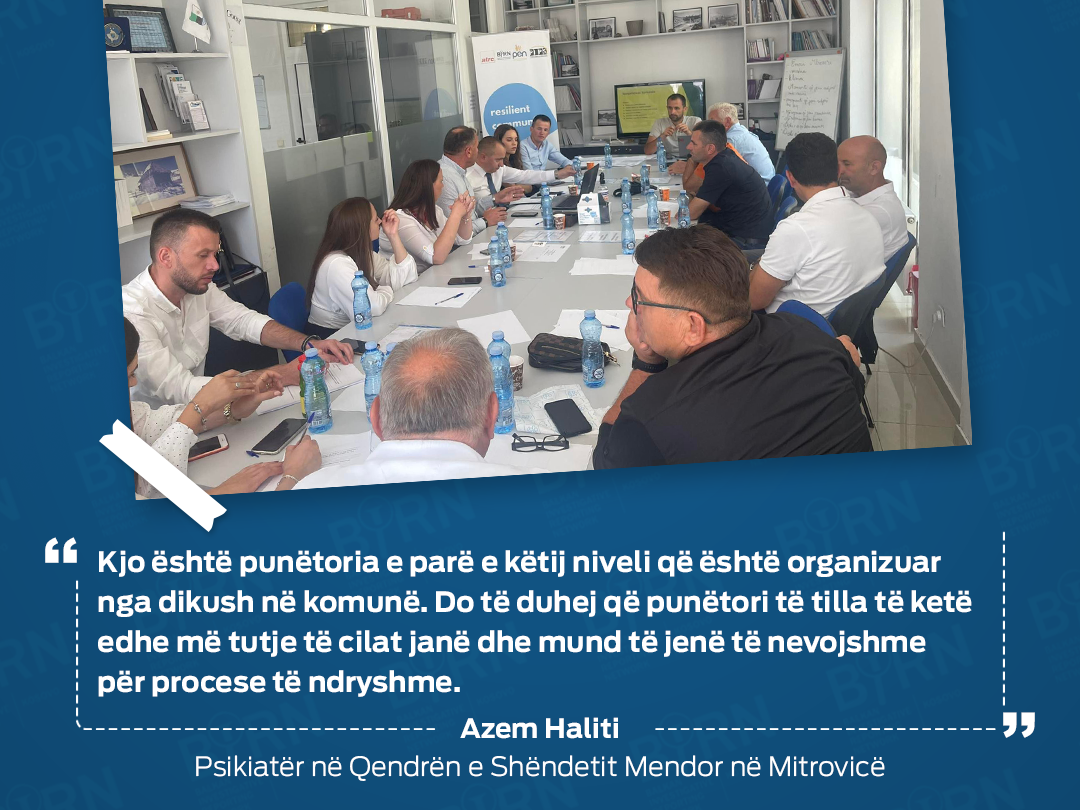- The Media Innovation Europe consortium is excited to announce the launch of four new calls for newsroom innovation, business strategy and digital transition projects for publishers in Europe.
- The Transition Accelerator, Deep-Dive Business Consultancies and Audience-Engaged Journalism Grants are open to applicants until 28 October at 23:59 CET.
- The International Press Institute is also opening a two-year rolling application for the Media Innovator’s Mentorship Programme, matching industry leaders with individuals and newsrooms for peer-to-peer support for challenges in their newsrooms.
- See full information and frequently asked questions.
VISIT THE MEDIA INNOVATION EUROPE WEBSITE AND APPLY
Newsrooms across Europe face new challenges that demand innovative solutions. Against a backdrop of waning trust in media and plummeting ad revenues, publishers are pressed to find new ways to engage audiences, restore public confidence and navigate digital transformation. For publishers, starting the innovation journey requires buy-in from their teams, identifying a problem to solve and fitting solutions into a broader strategy for sustainability and growth.
The Media Innovation Europe consortium, led by the International Press Institute (IPI) and in partnership with Thomson Foundation (TF), the Balkan Investigative Reporting Network (BIRN) and the Media Development Foundation (MDF), is launching calls for four new funding and support programmes across Europe to help newsrooms solve these challenges.
“Together, we believe that innovation is key to the editorial independence and financial sustainability of newsrooms as they navigate the digital transition and build back trust in independent journalism,” said Jacqui Park, IPI’s head of network strategy and innovation.
Transition Accelerator
Managed by IPI, the Transition Accelerator is a six-month programme for small to mid-sized digital or legacy media outlets seeking to transform their journalism, products or business by investing in audience research, experimenting with new revenue models, deepening audience engagement, or investing in new content and distribution products based on user needs, among other strategies. Participating teams will benefit from being part of a smart cohort of European media, access to some of the smartest media thinkers and doers and structured learning and mentoring opportunities. Drawing on design thinking practice and centering the audience, media teams will have the space and support to experiment and build new journalism, product and revenue models.
Participants in the Transition Accelerator will also have access to grants of up to €20,000 plus training, mentoring and networking opportunities.
Who is eligible?
The Transition Accelerator is open to independent media eager to invest in digital transformation and serve their communities with journalism of value. To apply, you must have a team of at least two staff members that will participate in the six-month accelerator.
Applicants must be based in one of the following countries: Albania, Austria, Belgium, Bosnia and Herzegovina, Bulgaria, Croatia, Republic of Cyprus, Czech Republic, Denmark, Estonia, Finland, France, Germany, Greece, Hungary, Ireland, Italy, Kosovo, Latvia, Lithuania, Luxembourg, Malta, Moldova, Montenegro, the Netherlands, North Macedonia, Poland, Portugal, Romania, Serbia, Slovakia, Slovenia, Spain, Sweden and Ukraine.
How to apply?
Applications are open until 28 October 2022 at 23:59 CET and can be submitted here. For any questions, email us at [email protected].
Deep-Dive Business Consultancies
Run by Thomson Media, the Deep-Dive Business Consultancies are designed to level up the business capacities of print and online media outlets that need strategic guidance in order to set their path toward business viability. The consultancy will be implemented by Thomson Media’s network of business consultants, media professionals working in the industry in the EU and Western Balkans.
The consultancy will last nine months. After the completion of month five, participants will receive a grant to support activities related to the implementation of new products and/or strategy. Once a clear business strategy has been established, the media outlets and business consultants will meet on a bi-weekly basis to evaluate the strategy and progress direction.
The available grant funding is between €4,500 and €10,000 per media outlet.
Applications are open until 28 October 2022 and can be submitted here. Eligible countries include: Albania, Austria, Belgium, Bosnia and Herzegovina, Bulgaria, Croatia, Republic of Cyprus, Czech Republic, Denmark, Estonia, Finland, France, Germany, Greece, Hungary, Ireland, Italy, Kosovo, Latvia, Lithuania, Luxembourg, Malta, Moldova, Montenegro, the Netherlands, North Macedonia, Poland, Portugal, Romania, Serbia, Slovakia, Slovenia, Spain, Sweden and Ukraine.
For any questions, email Davor Marko at davorm@thomsonfoundation.org.
Unable to decide which best suits your needs? Sign up for the upcoming info session on the accelerator and business consultancies or read the FAQs at the bottom of the page.
Audience-Engaged Journalism Grants
Run by BIRN, the Audience-Engaged Journalism Grants support innovative investigative journalism projects that embed audiences and strengthen the capacities of independent media outlets across the Visegrad and Western Balkan region. The call for application is open to 10 participants in the first year and 10 participants in the second year (one media outlet per country per training cycle). Individual grants of €4,000 will be awarded to each selected media outlet that wants to cover national/regional/local topics on its own. Collaborative grants of €5,000 will be awarded to selected media outlets that want to investigate cross-border topics with a partner.
Who is eligible?
The grants are open to newsrooms based in Albania, Bosnia and Herzegovina, Czech Republic, Hungary, Kosovo, Montenegro, North Macedonia, Poland, Serbia and Slovakia, and applications can be submitted until 28 October 2022.
How to apply?
Find the application here.
For any questions, email Karla Junicic, karla.junicic@birnnetwork.org or look at the FAQs.
Media Innovator’s Mentorship Programme
The mentorship is an opportunity for media innovators to connect with experts in their field and engage in peer-to-peer learning. Participants will answer a few questions to assess their needs and based on this, they will be matched with experts in this area to provide support.
The mentorship is designed to allow mentors and mentees to agree on a framework for interaction that best suits the participant’s need for guidance and availability, ranging from short-term rapid response mentoring to longer-term guidance over several months.
Who is eligible?
Media houses in the following countries: Albania, Austria, Belgium, Bosnia and Herzegovina, Bulgaria, Croatia, Republic of Cyprus, Czech Republic, Denmark, Estonia, Finland, France, Germany, Greece, Hungary, Ireland, Italy, Kosovo, Latvia, Lithuania, Luxembourg, Malta, Moldova, Montenegro, Netherlands, North Macedonia, Poland, Portugal, Romania, Serbia, Slovakia, Slovenia, Spain, Sweden and Ukraine.
How to apply?
The mentorship will operate as a rolling scheme for the next two years. Prospective mentees can apply anytime here. If you’d like to participate as a mentor, reach out to us at [email protected].
Sign up for our newsletter for regular updates on innovation in Europe!








